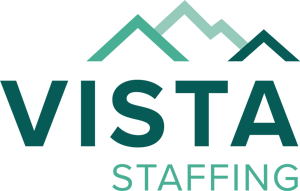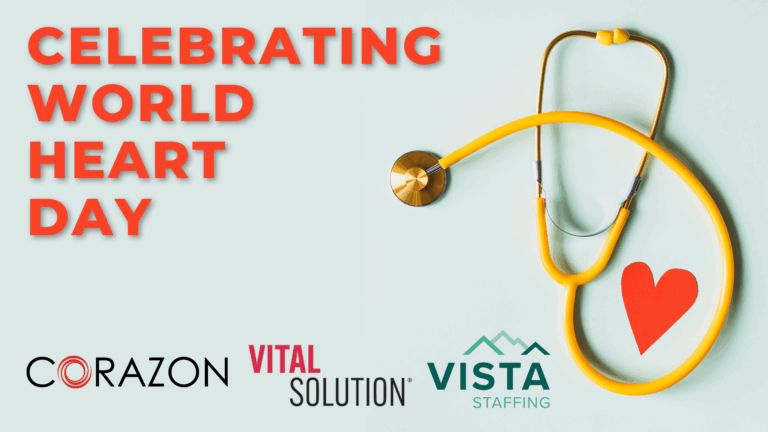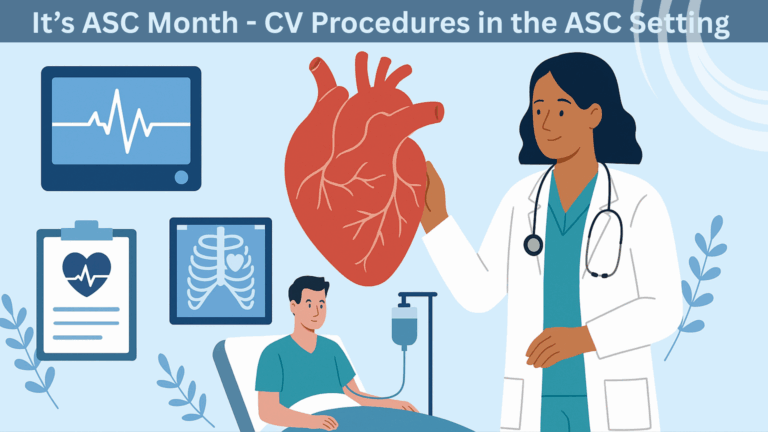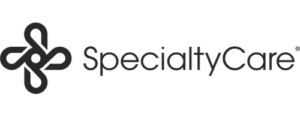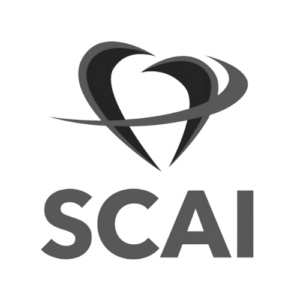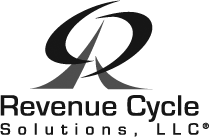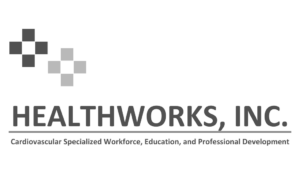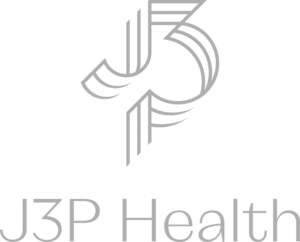Working in the industry, whether as a clinician at the patient bedside; in Administration or a Quality, Finance, or Ancillary Department; as a supply or equipment vendor; or in healthcare consulting, we can all relate to the importance of patient advocacy and the reason behind why many of us have chosen to join the remarkable profession of healthcare. We also recognize how important it is to not only advocate for the care of our own and that of loved ones, but also for hospital programs in general that want to improve the care they provide to patients in their surrounding communities.
As leader of the Accreditation business unit for Corazon I am often asked – “how long have you been in your role, and why”? This is easy for me to answer – – I decided to pursue a career in healthcare to help those who could not help themselves. I’ve been able to apply what I learned throughout my time in direct care of patients in the Cardiac Cath Lab to now helping hospitals take their programs to the next level. We help programs excel in providing the highest quality of care and give their communities advanced care through the expansion of cardiovascular or neuroscience programs. My passion for healthcare and the well-being of patients continues to grow as I do in my own profession.
Just recently I found myself advocating on behalf of my father who was, and unknowing to him, diagnosed with atrial-fibrillation, or “AFib,” to which it is universally referred. Until it was explained to him, AFib was a term he has heard, but thought it was a diagnosis that only the very elderly would receive.
Atrial Fibrillation as defined by the CDC “is the most common type of heart arrythmia.” In fact, according to their estimates, approximately 12.1 million people in the United States will have AFib by 2030.” AFib also increases a person’s risk for stroke (noted as the cause of 1 in 7) and is associated with a four- to five-fold increase in risk of ischemic stroke.
We were both surprised, as was his Cardiologist, that he had technically been in Afib since early March of this year, and also experiencing blood pressure readings well above the American Heart Association’s acceptable guidelines…which unfortunately increased his Stroke risk even further.
As I sat with my father in the hospital room listening to his cardiologist explaining AFib, his risk factors, and treatment options, it felt surreal to say the least. Even as a healthcare professional I found myself asking his cardiologist many questions, that, quite frankly I would be asking the client programs I work with. Considering this role to ensure the highest quality of care for every patient, every time, I realized how much my personal and professional lives have the opportunity to naturally overlap. I was advocating for my father, but realizing in that very moment – this is my job, my duty, not only as a daughter, but as a healthcare professional.
As we continued listening, I looked over at my father, and I saw the face of someone who was scared, overwhelmed, and trying to understand the doctor’s clinical explanations. So, as any good daughter would do, I interrupted the cardiologist and asked he speak to my father in layman’s terms, to slow down so my father has a chance to digest what he is saying and ask questions. My father is now beginning his journey to take control and embrace the lifestyle modifications necessary to manage and understand his AFib and his own care needs. He has a great deal of work to do, but don’t we all? I have no doubt with the continued support of his cardiologist, and of course me and the rest of our family, he will be on the path to better health!
So, as I reflect on this personal experience, and its continuation, I recognize the critical role in being an advocate not only for my father, but to continue to advocate for the many programs we, Corazon work with, and Accredit for quality assurance and improvement. And I ask myself, if I am traveling, or with my family and had an urgent cardiovascular need, would I visit a Corazon-accredited hospital? Given my role and my passion for healthcare advocacy, my answer, without hesitation, is a resounding YES!
 company
company 
 (412) 364-8200
(412) 364-8200






